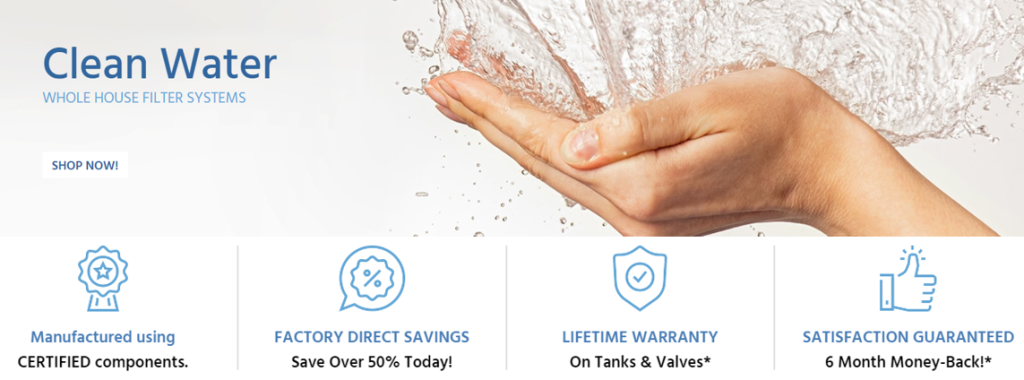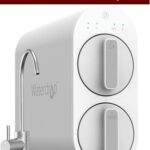Hard water can cause acne by causing the skin to dry out and become irritated.
When it comes to hard water and acne, it seems that the two go hand-in-hand. For those who don’t know, hard water is water that has a high mineral content. These minerals can include calcium, magnesium, and even iron. While hard water isn’t necessarily bad for your skin, it can cause problems for those who are prone to acne. The reason hard water can cause acne is because it can clog pores and lead to breakouts. Additionally, hard water can also strip the skin of its natural oils, which can further exacerbate acne.
If you’re someone who struggles with acne, you may want to consider using a water filter to help remove some of the minerals from your water. Additionally, be sure to cleanse your skin thoroughly each day and use products that are designed for acne-prone skin. By taking these measures, you can help reduce the chances of hard water causing acne.
What Is Hard Water And Why Can It Cause Acne?
Hard water is water that has a high mineral content. Minerals in hard water can react with soap to form a film on the skin that can block pores and lead to acne.
Install a Home Water Filter & Get "Unlimited Safe Drinking Water" For Decades
Get Upto 55% Discount With a Lifetime Warranty & 6-Months Money Back Guarantee Free Shipping
SpringWell Water Filtration Systems: 100% American-Made & NSF Certified Water Filters and Water Softeners

What is hard water and why can it cause acne?
Hard water is water that contains a high concentration of minerals, such as calcium and magnesium. When these minerals come into contact with your skin, they can cause irritation and inflammation, which can lead to acne.
If you live in an area with hard water, there are a few things you can do to protect your skin and prevent acne. First, make sure you’re using a gentle cleanser that won’t strip your skin of its natural oils. Second, use a water filter to remove the minerals from your water before it comes into contact with your skin. And finally, be sure to moisturize your skin after cleansing to help soothe any irritation.
While hard water isn’t the only factor that can cause acne, it can certainly contribute to the problem. If you’re struggling with acne, it’s worth taking a closer look at your water quality and making some changes to your skincare routine.
How Does Hard Water Affect The Skin?
Hard water can dry out the skin and make it feel itchy and irritated.
Have you ever wondered why your skin feels dry and itchy after showering in water that’s high in mineral content?
Well, the culprit is most likely hard water.
Hard water is water that contains a high concentration of minerals, such as calcium and magnesium. These minerals can come from a variety of sources, including limestone, chalk, and even dirt. While hard water isn’t necessarily harmful to your health, it can have a negative impact on your skin.
When hard water comes into contact with your skin, it can strip away the natural oils that keep your skin hydrated. This can leave your skin feeling dry, tight, and itchy. In extreme cases, hard water can even cause eczema.
If you live in an area with hard water, there are a few things you can do to protect your skin. First, try to shower with filtered or distilled water whenever possible. This will help to remove the minerals from the water before they have a chance to dry out your skin.
You can also use a moisturizing body wash or soap that’s designed for use with hard water. These products will help to replenish the natural oils in your skin, keeping it hydrated and healthy.
Finally, make sure to moisturize your skin after every shower, using a quality lotion or cream. This will help to lock in the moisture and keep your skin feeling soft and supple.
If you follow these tips, you can minimize the impact of hard water on your skin and keep it looking and feeling its best.
FAQ
What Are The Consequences Of Hard Water On The Skin?
How Can You Treat Hard Water Acne?
Conclusion
There is no definitive answer to this question as the research on the matter is inconclusive. However, it is possible that hard water can cause acne by clogging pores and/or irritating the skin. If you are concerned that hard water may be causing your acne, you may want to talk to a dermatologist.
If you’re still unsure about how hard water can cause acne, please leave a comment below and we’ll be happy to answer your question.


